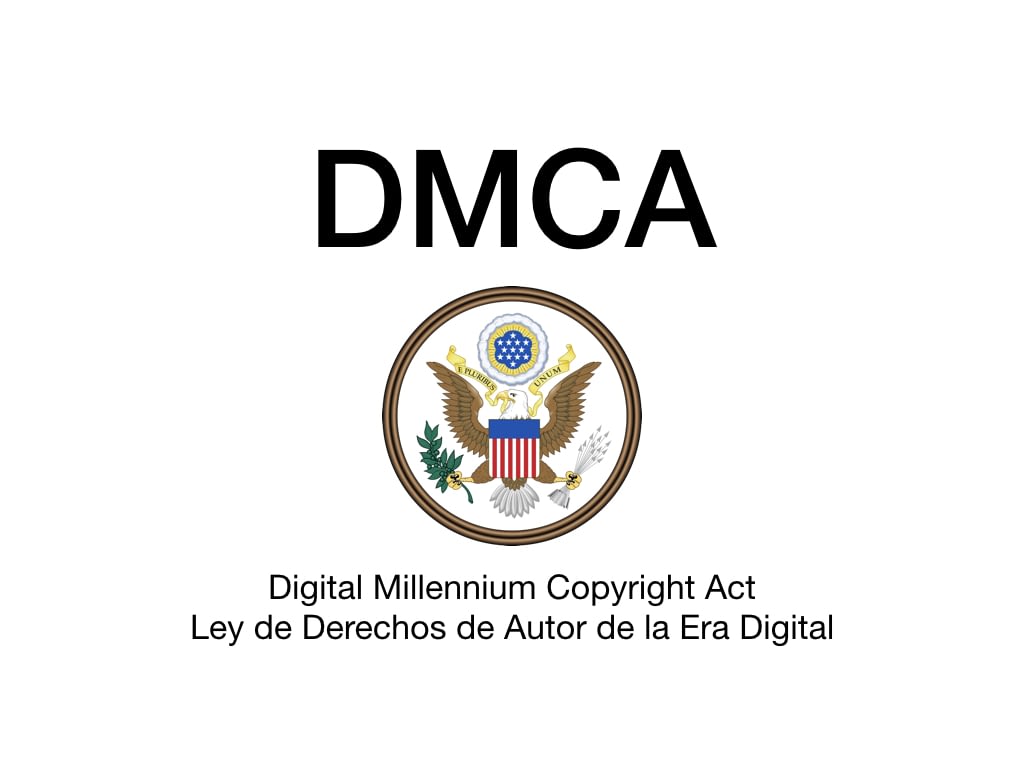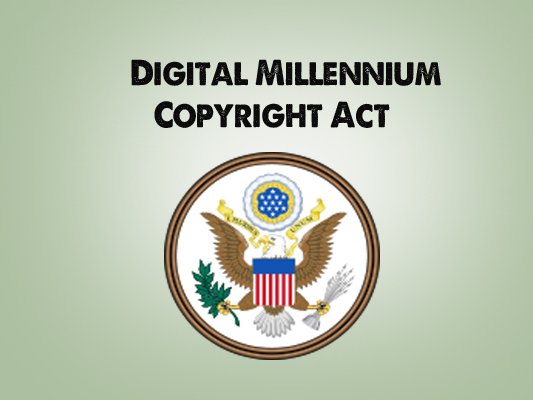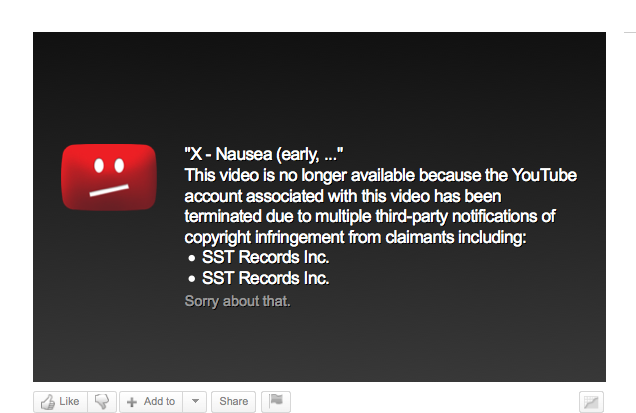
Information reasonably sufficient to permit the service provider to contact the complaining party, such as an address, telephone number, and, if available, an electronic mail address at which the complaining party may be contacted.Identification of the material that is claimed to be infringing or claimed to be the subject of infringing activity and that is sought to be removed or access to which is sought to be disabled, and information reasonably sufficient to permit the location of the material.Identification of the copyrighted work claimed to have been infringed, or, if multiple copyrighted works at a single online site are covered by a single notification, a representative list of such works at that site.Physical or electronic signature of a person authorized to act on behalf of the owner of an exclusive right that is allegedly infringed.


When notifying the CWI DMCA Designated Agent of an alleged copyright infringement, the following must be provided: 512(c)(3)), a claimed infringement notification must be a written communication (email or hard copy letter) to the designated agent of a service provider. Allegations of copyright infringements related to CWI computer resources should be sent to the CWI DMCA Designated Agent:Į-mail: also Contents of Copyright Infringement NoticeĪccording to the DMCA (17 U.S.C. DMCA AgentĪll appropriate copyright infringement notifications will be acted upon in accordance with the requirements of the Digital Millennium Copyright Act (DMCA). Section 107 lists purposes for which the reproduction of a particular work may be considered "fair," and presents factors to be considered in determining whether or not a particular use is fair. Copyright owners and their agents use automated methods to actively scan the Internet to detect computers that are illegally sharing copyrighted files.Ī statutory limitation to the Copyright Act of importance to nonprofit educational institutions is Section 107, the doctrine of "fair use." Under this doctrine, limited use of copyrighted material is allowed without prior permission of the copyright owner if certain criteria are met.
#DMCA COPYRIGHT INSTALL#
Generally, the P2P file sharing programs install the software and automatically share downloaded files with other Internet users. Although the use of P2P file sharing is not per se illegal, its use to share copyright protected files is. Probably the greatest cause of copyright infringements is the use of peer-to-peer (P2P) file sharing services, such as Morpheus, BitTorrent and Limewire, for sharing music and movies. CWI will respond appropriately to the subpoena, up to and including compliance and production of the name of the computer owner. Additionally, as an OSP, CWI may be served with a subpoena for the identity of the owner of a computer determined to contain infringing materials. A second violation may result in an extended loss of access privileges to the college network. Network access will be restored after the infringing material is removed from the computer or within 14 days after receiving a proper counter-notification, unless the copyright owner files an action seeking a court order against the computer owner. When notified, under penalty of perjury, by a copyright owner of infringing materials on a computer attached to the college network, the college will take appropriate action to block network access to the computer and notify the owner of the computer. DMCA requires the college to expeditiously respond to complaints it receives of alleged copyright infringements. Under DMCA, College of Western Idaho is considered an Online Service Provider (OSP) for its students, faculty and staff. Accommodation and non-interference with standard technical measures utilized by copyright owners to identify and protect their works.

#DMCA COPYRIGHT REGISTRATION#
Registration of an agent with the U.S.Title II of the DMCA establishes certain requirements for Online Service Providers (OSP) concerning copyright infringement violations including: Congress passed into law the Digital Millennium Copyright Act (DMCA), which essentially updates copyright law for the digital environment.


 0 kommentar(er)
0 kommentar(er)
